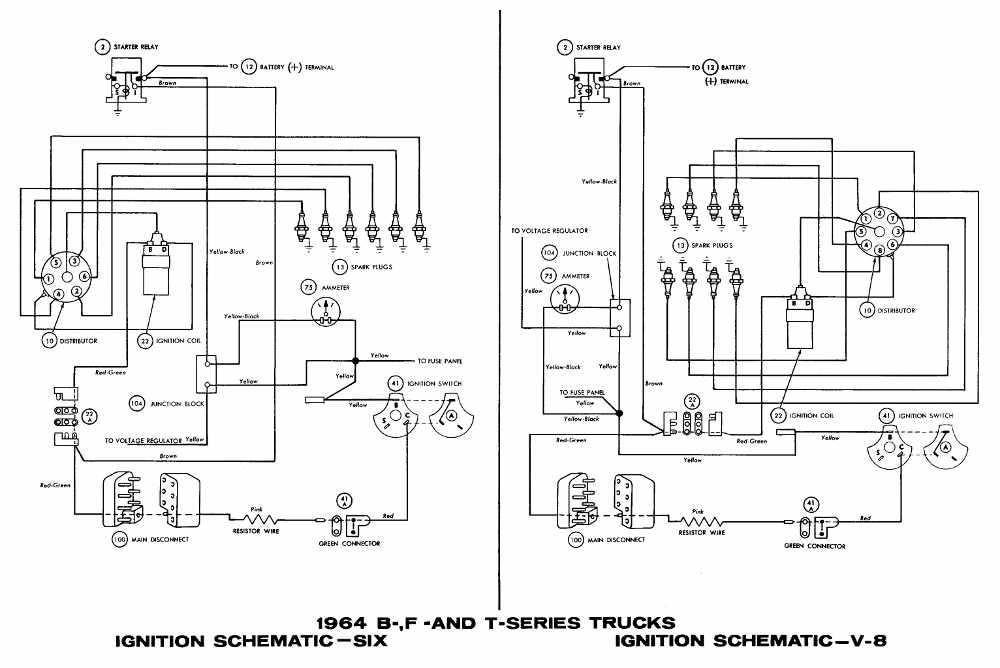When it comes to understanding the electrical system of a Ford 3000 tractor, having a reliable ignition switch wiring diagram is essential. This diagram serves as a roadmap that guides you through the various electrical connections within the ignition system, helping you troubleshoot issues and make necessary repairs.
Why Ford 3000 Ignition Switch Wiring Diagrams are Essential
Having access to a Ford 3000 ignition switch wiring diagram is crucial for several reasons:
- It helps you understand the layout and connections of the ignition system.
- It allows you to identify and troubleshoot electrical issues effectively.
- It serves as a reference guide when making repairs or modifications to the ignition system.
How to Read and Interpret Ford 3000 Ignition Switch Wiring Diagrams
Reading and interpreting a Ford 3000 ignition switch wiring diagram may seem daunting at first, but with a little guidance, it can become a valuable tool in your repair arsenal. Here are some tips to help you navigate through the diagram:
- Start by familiarizing yourself with the symbols and color codes used in the diagram.
- Follow the wiring paths to understand the flow of electricity within the system.
- Pay attention to the connections and components involved in the ignition system.
Using Ford 3000 Ignition Switch Wiring Diagrams for Troubleshooting
When faced with electrical problems in your Ford 3000 tractor, a wiring diagram can be your best friend. Here’s how you can use the diagram for troubleshooting:
- Identify the components and connections related to the issue at hand.
- Trace the wiring to pinpoint any potential faults or breaks in the circuit.
- Refer to the diagram to verify proper connections and voltages.
Importance of Safety and Best Practices
Working with electrical systems, including using wiring diagrams, requires a cautious approach to ensure your safety and prevent damage to your equipment. Here are some safety tips and best practices to keep in mind:
- Always disconnect the battery before working on any electrical components.
- Use insulated tools to avoid electrical shocks.
- Double-check your connections before powering up the system to prevent short circuits.
Ford 3000 Ignition Switch Wiring Diagram
How to Wire an Ignition Switch in a Ford 3000: A Comprehensive Diagram

Ford 3000 Tractor Ignition Switch Wiring Diagram – Database

Ford 3000 Ignition Switch Wiring

Ford 3000 Tractor Ignition Switch Wiring Diagram Data – vrogue.co

Ford 3000 Tractor Starter Wiring Diagram

ford 3000 ignition switch wiring diagram
